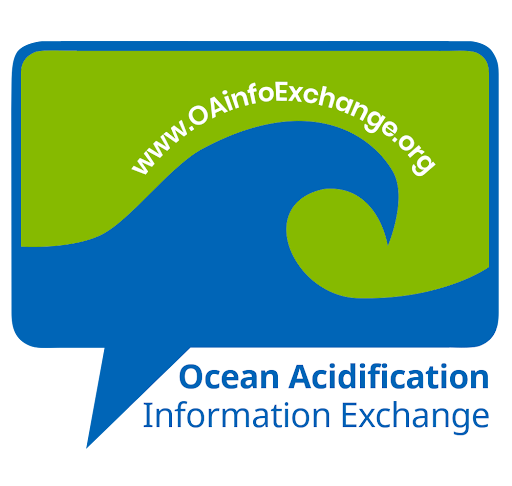Decision making category:
Evaluate impacts of greenhouse gas emissions on human and ocean health and resources
Discrete ocean acidification data and evidence can support specific place-based applications, whether you are looking to document changes that are occurring in your local environment or you want to understand the ways these changes may pose social, economic, or cultural risk to human communities who rely on impacted resources and ecosystems.
There are several variables at play when policy makers, marine managers or stakeholders like you are determining which data to prioritize to guide decision-making. To assist with this process, OARS has created a checklist of elements to consider as you refine your goals and develop potential projects. This checklist represents key considerations reflected from lessons learned in projects that have utilized ocean acidification information around the globe. Explore the featured case studies in this decision-making category for a thoughtful examination of factors that informed place-based priority projects.
Building understanding Toward action
What type of information is most useful in this decision-making category and what can it help you do?
-
Description of the information necessary to understand regional climate-ocean change dynamics across ocean basins.
-
Elaborate on "informs coastal variations/ divergences from a baseline."
-
Climate-ocean change projections can be integrated to inform more holistic climate risk or vulnerability assessments. This applies to ecological, social, cultural, and economic risk within coastal communities.
Projections can also inform policy and financing needs associated with new or existing risk and vulnerability assessments.
-
Information can increase calls for urgent and drastic reductions of CO2 emissions.
Sourcing Accurate information
Which processes and/or institutions are responsible for producing this information and how can you access it?
-
Global monitoring of ocean warming, acidification and deoxygenation trends reported through IPCC, UN SDG 14.3.1 or other regional climate-ocean observing bodies.
-
Regional ocean and coastal observing and monitoring systems/ satellite observations of chemical and physical environment.
-
Regional trends or projections of ongoing ocean warming, acidification and deoxygenation caused by atmospheric CO2 and GHG emissions.
HELPFUL RESOURCES
The OARS Practitioners Team on the Ocean Acidification Information Exchange provides a forum for decision-makers like to you to engage with researchers in your region and around the world. Get detailed answers to your OA questions from subject-matter experts and collectively brainstorm ways to address your specific needs.
The GOA-ON Data Explorer provides access and visualization to ocean acidification data and data synthesis products being collected around the world from a wide range of sources, including moorings, research cruises, and fixed time series stations. Interactively search and explore GOA-ON assets by region, platform type, and variables by using the filters tool.
The OA Alliance curates materials and resources for to help you streamline communication about ocean acidification with vocabulary, key messages, videos, posters and infographics, and social media support. You don’t have to be a member to access these free resources!
EUROPEAN RESEARCHER
Bio and Contact
Regional OA experts
AFRICAN RESEARCHER
Bio and Contact
PACIFIC ISLANDS RESEARCHER
Bio and Contact
SOUTH AMERICAN RESEARCHER
Bio and Contact





